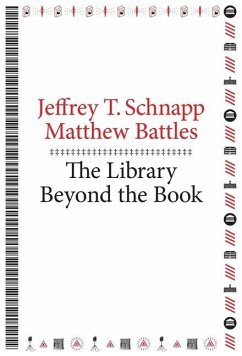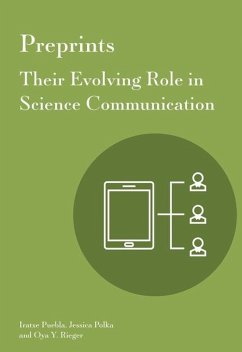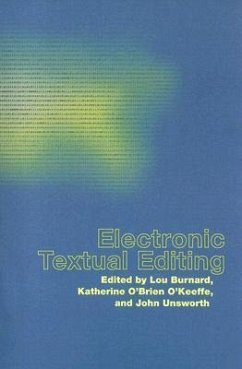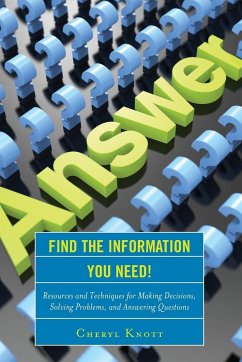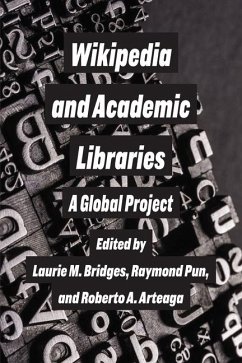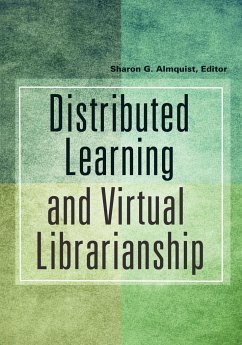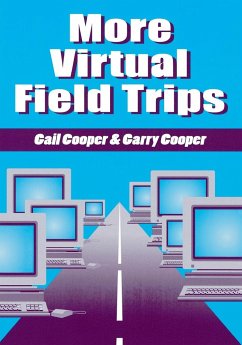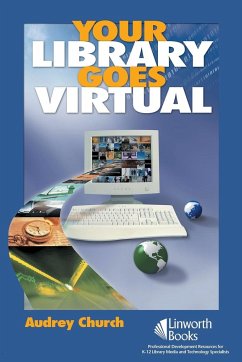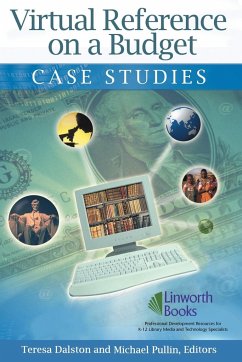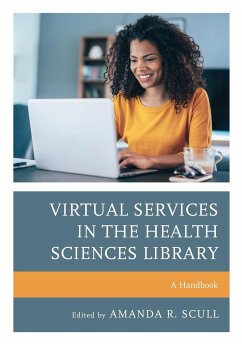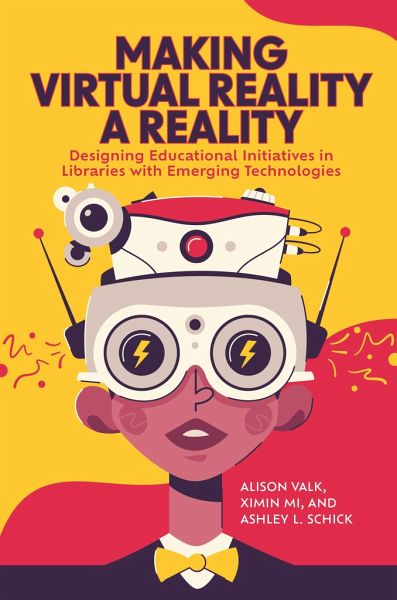
Making Virtual Reality a Reality
Designing Educational Initiatives in Libraries with Emerging Technologies
Versandkostenfrei!
Versandfertig in über 4 Wochen
60,99 €
inkl. MwSt.
Weitere Ausgaben:

PAYBACK Punkte
30 °P sammeln!
Walks readers through the key components of developing library-led research and programming that leverages emerging technologies with the goal of engaging students and faculty. As educational curricula and research evolve to include advanced technologies, libraries must offer programming with these emerging technologies in mind, including the use of virtual reality (VR) and augmented reality (AR). In this timely guide, Valk, Mi, and Schick present readers with tools for assessing their level of organizational readiness to begin such programs and, more importantly, how to sustain them with limi...
Walks readers through the key components of developing library-led research and programming that leverages emerging technologies with the goal of engaging students and faculty. As educational curricula and research evolve to include advanced technologies, libraries must offer programming with these emerging technologies in mind, including the use of virtual reality (VR) and augmented reality (AR). In this timely guide, Valk, Mi, and Schick present readers with tools for assessing their level of organizational readiness to begin such programs and, more importantly, how to sustain them with limited budgets, expertise, and resources. Building on their own experiences, the authors teach readers how to develop technology-rich classes, assess student projects, and overcome technical hurdles. They spotlight this kind of programming as integral to building strategic partnerships in an educational environment. Readers will learn how to adapt and design programs or initiatives in which the necessary technologies are rapidly changing, not only in higher education institutions, but also in schools. Worksheets and resources assist readers in reflecting on their own work and developing educational programming to suit their organizational needs.




